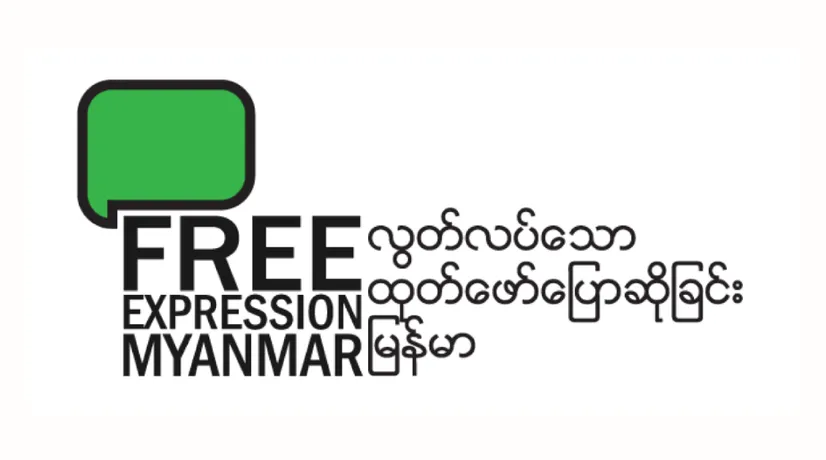66(d): No real change
11 December 2017

Executive summary
Over the past two years, Article 66(d) has been the tool of choice for those in positions of power who want to punish those who are trying to hold them accountable. The government’s amendment of 66(d) in August 2017 has had no discernible impact on this.
This report explains why 66(d) violates the right to freedom of expression and establishes clear evidence of how 66(d) is still being used to censor legitimate debate. Key findings include:
- The majority of cases under 66(d) are powerful people complaining about those who criticise them.
- Most complaints under 66(d) are based on expression that cannot be defamatory because there is no assertion of fact. Most expressions are unflattering opinions. For the cases that could potentially be defamation, the courts do not use the definitions or defences in the Penal Code.
- 66(d) complaints have continued since the August 2017 amendment removed three grounds for complaint. Those three grounds were never used anyway so the amendment has no discernible impact on the scope of 66(d).
- Defendants are always convicted and sentences are disproportionately harsh. Every court has given a prison sentence and none has given a fine.
- Convictions are made on the admission of minimal, untested, and unreliable evidence. Unfortunately, it is unclear whether courts recognise this or are trying to improve it.
- People with legitimate complaints, such as women who are facing gender-based violence online, are forced to use this inappropriate law because no other exists.
Download full report both English and Burmese HERE.
၎
င
၎
၎
Announcements
28 February 2025
Asian NGO Network on National Human Rights Institutions , CSO Working Group on Independent National Human Rights Institution (Burma/Myanmar)
Open letter: Removal of the membership of the dis-accredited Myanmar National Human Rights Commission from the Southeast Asia National Human Rights Institution Forum

Progressive Voice is a participatory rights-based policy research and advocacy organization rooted in civil society, that maintains strong networks and relationships with grassroots organizations and community-based organizations throughout Myanmar. It acts as a bridge to the international community and international policymakers by amplifying voices from the ground, and advocating for a rights-based policy narrative.